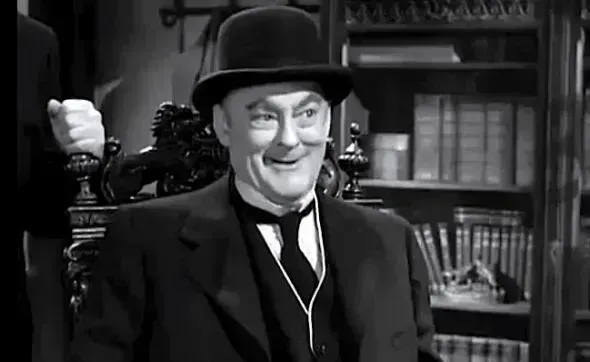Small Towns and Pottersville

One of my favorite Christmas movies is 'It's a Wonderful Life.' The end is so heartwarming, and being such a Bitcoiner, I find it interesting that the movie's premise centers around the issues of fractional reserve banking. Bedford Falls reminds me of where I grew up in a small town in Massachusetts. I also resonate with George Bailey as I felt the same way about leaving my small town growing up. Unlike George Bailey, however, I got out; it has been a decade since I lived there, though every year at Christmas, I make it back and stay with family.
This year is the first year that felt different. This trip was the first year where each time I went to go to an old stomping ground, I had to first think of whether it was still in business. It was the first time I noticed that a very high proportion of buildings that used to be small businesses had wood in their windows. The buildings that did seem upgraded changed to cannabis dispensaries. It was the first time I sat back and thought, 'What is happening here?'
In talking to friends and family about work, I became disheartened by how many either now worked for the government or the majority of their business came from steady government contracts. Those who worked in local education institutions regularly complained about how administrations had gotten out of control or dysfunctional due to lousy leadership or bloat. In one case in particular, leadership got so bad, but nothing could be done because he "wasn't white" and "firing a Latino president would look bad." It seemed difficult to imagine how these institutions would right the ship.
In short, I couldn't help but think that my small town was becoming Pottersville, where the government was Potter. Everyone of that age was concerned that a malicious businessman would come in and ruin their town, but that is not what happened. When constituents of a small town do not service it themselves, the soul of it disappears. Businesses will start to feed vices versus adding value. When small business owners have a greater interest in the long-term health of their small town, they will add value in more moral ways. Short versus long-term time preference matters for small towns. Interestingly, as citizens start to worry more about "how will I put food on the table?" rather than "how will I add value to my community?" things go downhill quickly. The community will start to look to Potter to solve their problems — in this case, the government — rather than each other.
This is, of course, only one anecdote, but I find it hard to believe that small towns aren't taking a beating like this everywhere. What are the consequences of something like this? What do we need to do to turn it around? Do we need or want to turn this around? As I leave the place where I grew up, these are the questions that are rattling around my head, along with "How much longer will I be able to come back and recognize it?"





